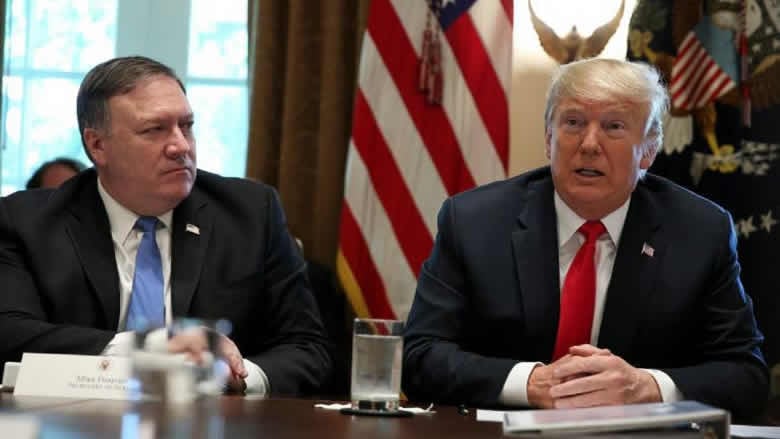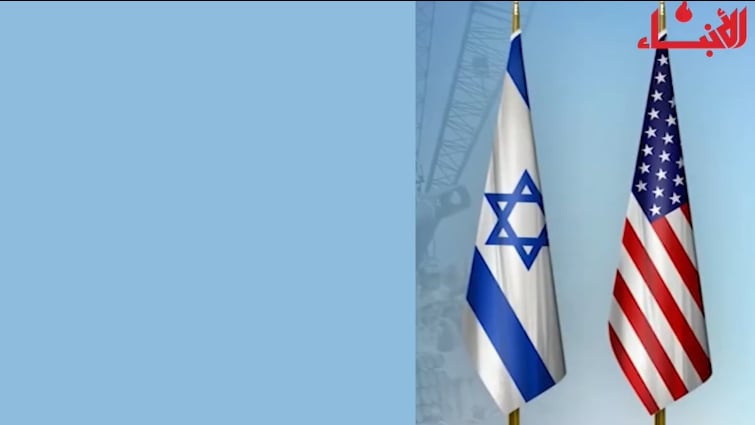It has become a commonplace to describe the foreign policy of U.S. President Donald Trump as unpredictable. But doing so mischaracterizes the man and the policy. In fact, although Trump’s actions may often be shocking, they are rarely surprising. His most controversial positions—questioning NATO, seeking to pull out of Syria, starting trade wars—are all consistent with the worldview he has publicly espoused since the 1980s.
The unpredictability of this administration originated not in Trump’s views but in the struggle between the president and his political advisers on the one hand and the national security establishment on the other. Until recently, these two camps vied for supremacy, and it was difficult to know which would win on any given issue.
At the two-year mark, it is now clear that the president is dominating this struggle, even if he has not yet won outright. For the first time, it is possible to identify a singular Trump administration foreign policy, as the president’s team coalesces around his ideas. This policy consists of a narrow, transactional relationship with other nations, a preference for authoritarian governments over other democracies, a mercantilist approach to international economic policy, a general disregard for human rights and the rule of law, and the promotion of nationalism and unilateralism at the expense of multilateralism.
Many U.S. presidents have been elected with no real foreign policy experience. Some had ideas that contradicted a core tenet of U.S. foreign policy—for example, Jimmy Carter’s position in favor of pulling troops out of Korea. Trump, however, is different. He is the only president ever elected on a platform that explicitly rejected all of the pillars of U.S. grand strategy.
Although Trump has changed his mind on many issues, he has clear, consistent, visceral foreign policy instincts that date back three decades. He has long rejected the United States’ security alliances as unfair to the taxpayer and accused allies of conning Washington into defending them for free. He has long seen trade deficits as a threat to U.S. interests and has rejected virtually all trade deals that the United States has negotiated since World War II. And he has a history of expressing admiration for strongmen around the world: in 1990, for example, he lamented in an interview that Soviet leader Mikhail Gorbachev had not cracked down on demonstrators as Beijing had in Tiananmen Square one year before.
During his presidential campaign, Trump not only refused to disavow these instincts but doubled down on them. He drew a moral equivalence between the Kremlin under Russian President Vladimir Putin and the U.S. government; criticized NATO; praised Saddam Hussein’s toughness on terrorists and North Korean leader Kim Jong Un’s ascent to power; and opposed free trade. His position on foreign policy had an immediate and enduring effect: it prompted dozens of Republican foreign policy experts to condemn him publicly.
Bereft of establishment advisers, Trump managed to sign up a handful of unknowns and a couple of former officials—for example, Michael Flynn and Walid Phares—but this was largely for show. Throughout his campaign, Trump relied on his own instincts and added a few new issues, particularly strong opposition to illegal immigration and criticism of trade with China.
After he won, Trump had a problem. He was completely unprepared to govern and had hardly anyone on his team who was qualified to hold high office in matters of national security. This dearth, coupled with his continuing grudge against the establishment experts who opposed him during the campaign, led him to turn to retired generals and captains of industry, including James Mattis as secretary of defense, Rex Tillerson as secretary of state, Gary Cohn as director of the National Economic Council, and, after a few weeks in office, H. R. McMaster as national security adviser.





